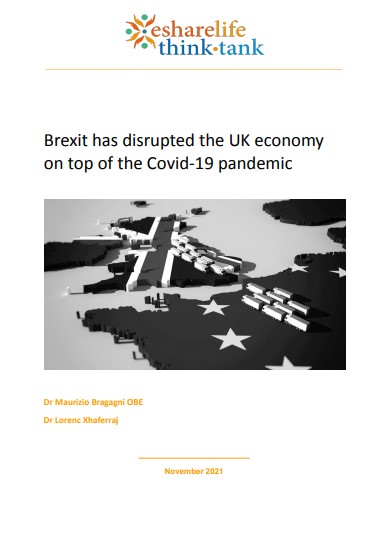
It’s been two years since the world is facing unprecedented and multiverse COVID-19 pandemic related challenges. With the world trying to learn how to live with the Covid-19 virus around, the global economy is opening up again and slowly moving towards the pre-pandemic levels.
In our previous research, we have explored the impact of Covid-19 on global disruption of supply chains, raw materials price increase and container shipping crisis. We concluded that current market conditions are driving up the cost of many raw materials, as well as the sharp and uneven rebound in global manufacturing activity during the 2021 year caused a strong rise in international orders and resulted in some supply bottlenecks.
However, there were some reassurances from the global analyst community that while the aftershocks of the 2020 year will likely linger all throughout 2021, and possibly also the years to come, the situation of a global surge in shipping costs was likely to be temporary, given its unsustainable nature.
Most recently, the impact of Covid 19 is associated with labour shortages, energy price hiking and rising inflation. The above negative economic consequences are true for every single country in the world, but globally they are felt to an uneven degree.
Covid-19 was a massive shock to the global economy, but it hit harder in some countries, including the UK. In this research, we will try to explore some of the new realities in the UK economy and how they might impact the way of doing business in/with the UK.
